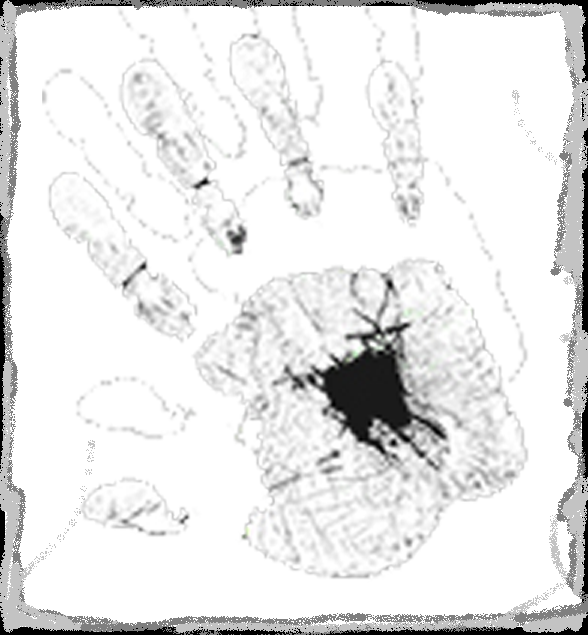
Référence bibliographique : GenObs, n°2: Forgiving after genocide, , 2017.
In this issue, the authors explore the complexity of forgiveness from various fields and disciplines (Philosophy, Linguistics, History). From a theoretical persepctive, one article approaches forgiveness from a linguistic point of view, as a declarative illocutionary force in order to underline the double perlocutionary relation of forgiveness to apology and reconciliation. Another paper discusses that a victim's knowledge that a génocidaire has the capacity for moral change is compatible with a survivor's belief that the killer will never change. Some aporias of forgiveness are also analysed from a semiological perspective based on Derrida and Jankélévitch works on the topic in a post-genocide context. One article explores the mechanisms by which the Barbie trial (France) was configured as a narrator of the Holocaust to the French population. Another paper argues through 3 case studies (The Truth and Reconciliation Commission of South Africa, the Truth and Reconciliation Commission on residential schools in Canada and the gacaca courts in Rwanda) that the use of the word "forgiveness" is inappropriate in political contexts. A third case study uses documents (letters Spaniards sent to the dictator Francisco Franco) to study the attempts to survive or to save relatives that Spanish people used in a context of repression and injustice.
Published: 2017-08-08
Articles
-
Catalina Sagarra Martin
1-28
-
Kathryn Norlock
29-39
-
The Barbie Trial (1987): Narrator of the Holocaust in France
Sébastien Ledoux
40-71
-
From ethical forgiveness to political forgiveness
Dany Rondeau
72-99
-
Antonio Cazorla Sánchez
100-116
-
The social structure of forgiveness
Gilles Gauthier
117-127